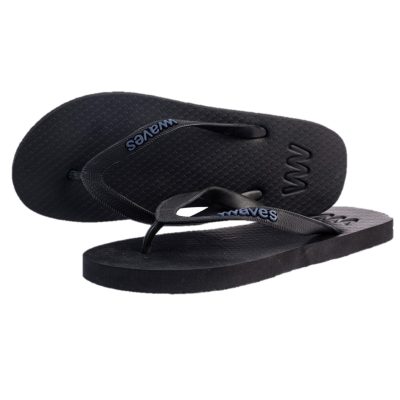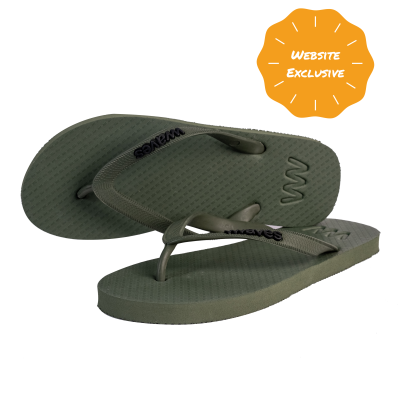Living a plastic-free life is easier than most people may think, and it can be done relatively quickly, even if you aren’t keen to make the jump to an entirely plastic-free lifestyle.
When you see pictures of animals mistaking plastic for food, or becoming entangled in our thrown out packaging, you feel overwhelmed and hopeless about the state of the planet.
However, suppose individuals and families take small steps toward living a plastic-free life and encourage others to do so as well. In that case, those seemingly endless problems will begin to shrink into something that can be handled more easily.
It’s a well-known fact that plastic does not fully break down in the environment. This means that whenever you throw your used plastic container or bottle into the trash, it will still remain intact after hundreds of years. Even then, people are still hesitant in removing as much plastic from their life. Steps towards living a plastic-free life are not as difficult as it seems. It can be done by making relatively small changes to your daily life that have big impacts on the environment.
Here are examples of how you can reduce your use of plastics.
The average person uses 130 straws per year in the UK. It doesn’t seem like much until you acknowledge the fact that more than 8.5 billion plastic straws are sent to landfills, oceans, and waterways every year.
Almost all of those end up in landfills and the ocean, where they harm animals. This doesn’t seem like a problem we can solve on an individual level, but refusing to use straws can make a difference. If that isn’t an option, you can put a reusable straw in your purse or pocket before going out to eat, so you have it if needed.
Plastic straws are one of the things that have become indispensable in society. However, many people wonder whether they should use them at all because of the impact on the environment. The great news is that there are alternatives out there if you want to stop using plastic straws. Reusable metal or wooden straws are a great alternative to disposable plastic straws, big companies are already taking steps forward to reduce plastic, or even cut them out entirely. Popular chains such as McDonald’s have replaced all plastic straws with paper straws, and other companies have begun producing reusable pasta straws.
Another thing that has become almost impossible to avoid is plastic bags. Over the years many stores have introduced charges for plastic bags or cut them out entirely. However, they’re still a problem all over the world.
Luckily, there are several options out there if you would like to continue having reusable bags at the grocery store. Buying one of the ‘bags for life’ available at many supermarkets is a great way to avoid using plastic bags, if you forget yours try asking someone for an empty box to put your groceries in at the checkout, they are often more than happy to help you out. You can even make your own bag by using old t-shirts and other fabrics.
There are also many options for buying items online now which makes refusing delivery of single-use plastics much easier than before.
The easiest way to avoid plastic is by simply not buying food in packaging that contains it. This does entail some planning, but the things you will save are worth it! For example, you could try shopping at farmers markets where people generally don’t use any type of plastic bags or packaging for their vegetables and fruits. Look out for the plastic-free packaging in supermarkets too, you may end up paying slightly more but you’ll be able to find sustainable packaging.
Disposable coffee cups are also a big contributor to waste across the world. In fact, in the UK alone we use about 7 million takeaway coffee cups a day and just 0.25% of them are recycled. That means only 17,500 out of our 7 million used cups get recycled. By simply buying a reusable coffee cup you’re not only saving waste, but in many cases, you’ll get a discount on your tea or coffee meaning your coffee cup will pay for itself eventually, win-win!
Plastic bottles are probably the most common item you’ll see littered about. These bottles are usually only used once before being discarded. There are many ways to limit your plastic usage in this area as well! For starters, many people choose to switch to reusable water bottles to avoid buying disposable bottles altogether.
Switch from using disposable water bottles to reusable ones made out of steel or aluminium
Use a glass water bottle (if you are worried about it breaking, try using one with a silicone sleeve around it to make it sturdier).
A change of wardrobe is never an easy change to make, but slowly switching from mass-produced, non-sustainable clothing to plastic-free and sustainable clothing can be a great way of reducing the amount of non-sustainable plastics used in your life. An easy start is to switch to Waves plastic free and sustainable flip flops!



